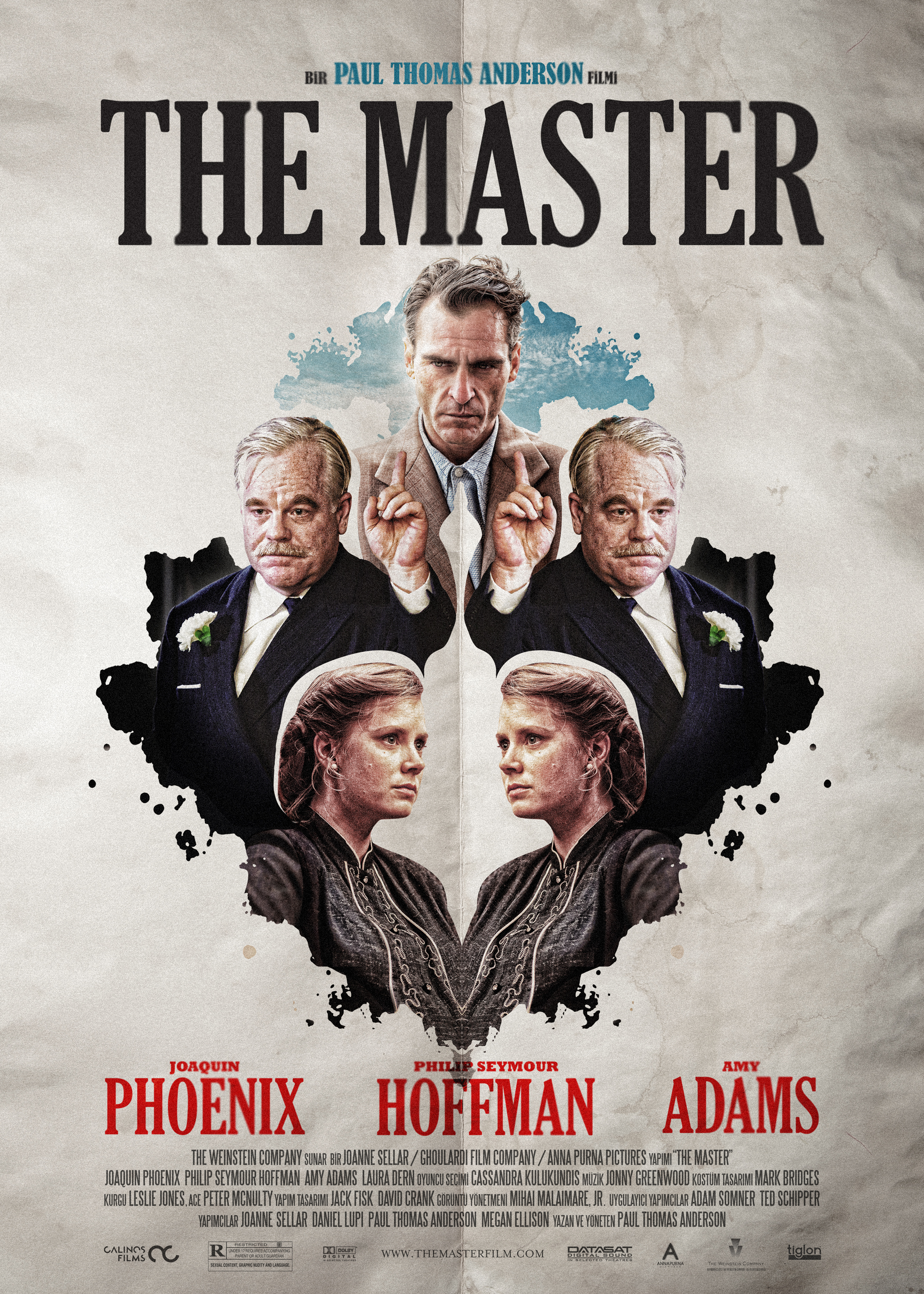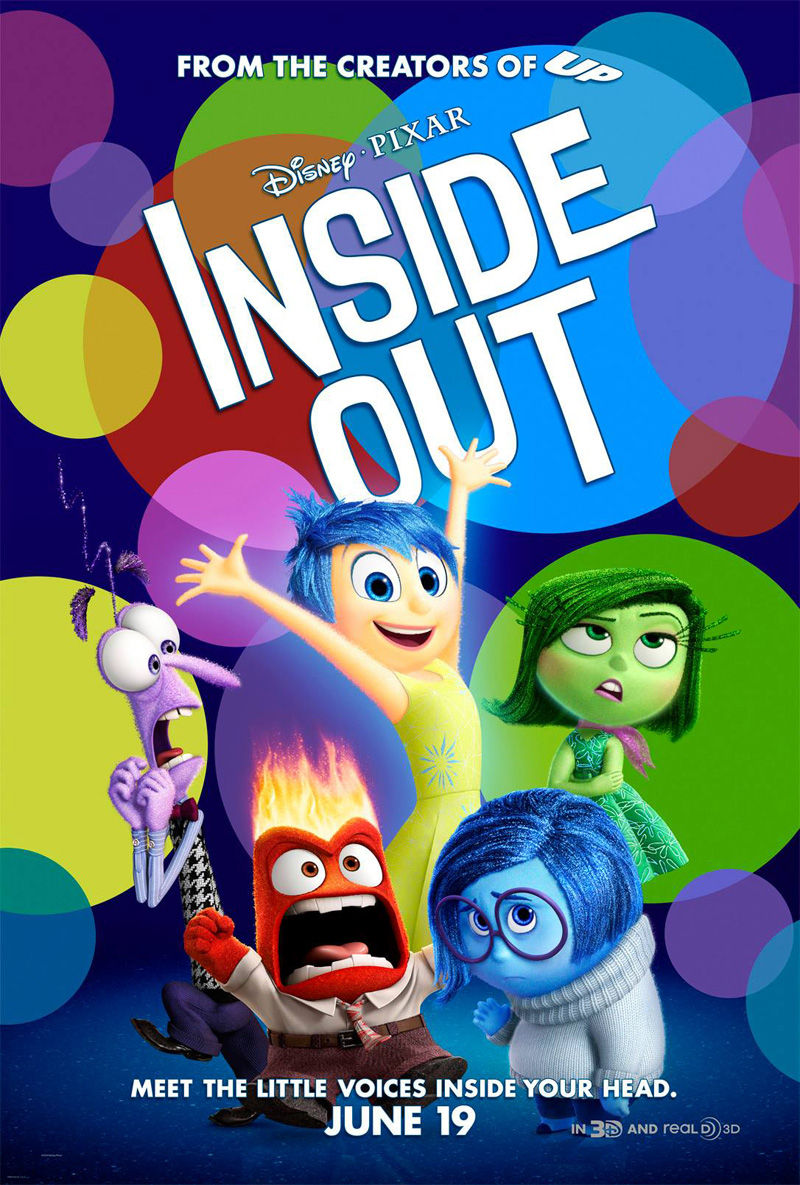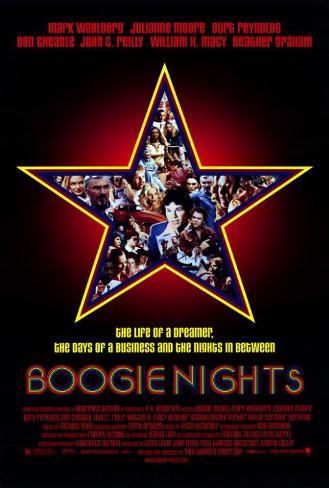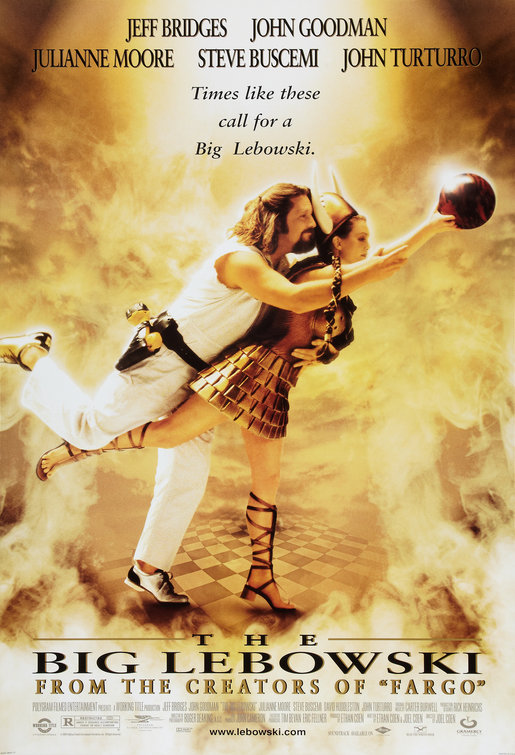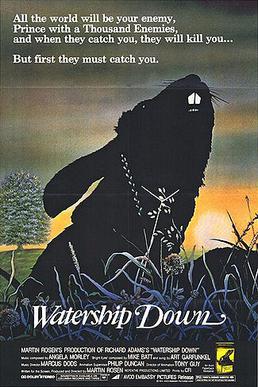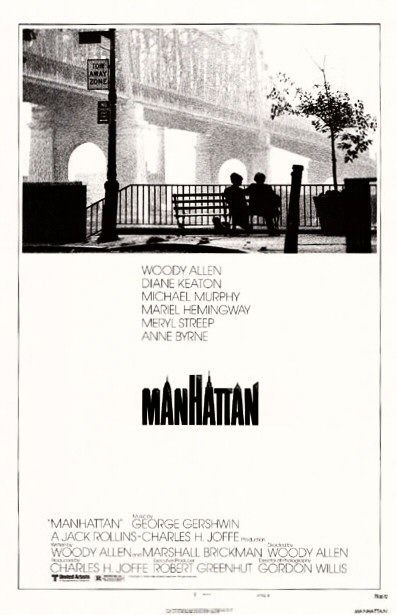Seven Samurai (1954, Akira Kurosawa)
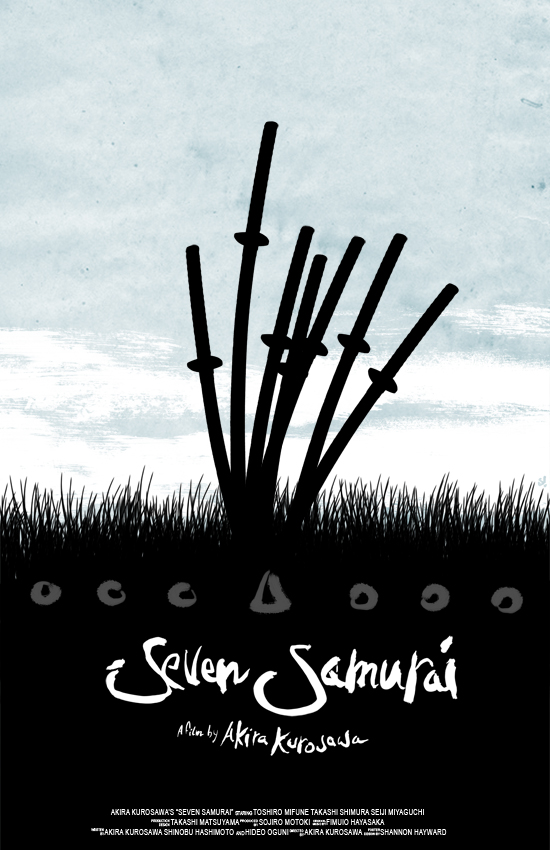 This film is every bit as good as everybody says it is. One of the most remarkable examples of how to develop a large number of characters and frame them against some of the most engaging action ever put to celluloid.
This film is every bit as good as everybody says it is. One of the most remarkable examples of how to develop a large number of characters and frame them against some of the most engaging action ever put to celluloid. Truly some of the best cinematography and some of the best performances you will see in Japanese film. Just a shame that I waited until midway through making this list to rewatch this masterpiece. I could watch this film literally a hundred times and still find it fresh and new, it's alive.
Stop Making Sense (1984, Jonathan Demme)
 One of the most surprising films I have ever seen. It is hard to imagine that a simple concert film (literally, there is nothing to the film other than just a concert) could be this good. The Talking Heads' music, the editing and the overall pace are all exquisite.
One of the most surprising films I have ever seen. It is hard to imagine that a simple concert film (literally, there is nothing to the film other than just a concert) could be this good. The Talking Heads' music, the editing and the overall pace are all exquisite.I honestly am floored by this one, a week after watching it and I can't stop listening to it (I am listening to Once in a Lifetime as I write this sentence) and it keeps drawing my attention from other things. Just, incredible in every single way.
Through a Glass Darkly (1961, Ingmar Bergman)

I excluded this film purely because next to the complex majesty of Persona this far simpler Bergman film cannot help but look a little modest and unremarkable.
Still, Harriet Anderson gives one of the greatest performances I have ever seen in this film and the entire cast does incredible work. Bergman offers an intelligent and emotionally charged portrait of a crumbling family and doesn't hold back in a single scene. Just an incredible drama.
The Innocents (1961, Jack Clayton)
 This is film that I think I reject not putting on the list the most. I have no real reason for the exclusion and although I cannot think of any film in particular that I would have cycled out for this one, it does play heavily on my mind.
This is film that I think I reject not putting on the list the most. I have no real reason for the exclusion and although I cannot think of any film in particular that I would have cycled out for this one, it does play heavily on my mind.Anyway, this is probably the most unnerving and unsettling horror film I have ever seen, and one of the most amazingly edited films period. It is a feature length session of build-up that finally results in one of the most crushing notes of any film I have ever seen.
This is the kind of film I feel you could spend many a year pouring over and deconstructing, finding new and horrifying things the entire time.
The Thing (1982, John Carpenter)

A film that I have watched many a time and have left with something new on each viewing. Horror, joy, fascination, it is a film that has given me much. Carpenter was truly an incredible director in his prime, and is one of the most diverse filmmakers in history.
With this film Carpenter achieved something greater than almost every other film on the planet has, impact. True impact, the kind that sends ripples and affects things that one would not expect. I assure you that every other film featuring a parasite or an desolate environment owes this film a true debt. A film that has influenced me very heavily indeed.
By Jack D. Phillips
